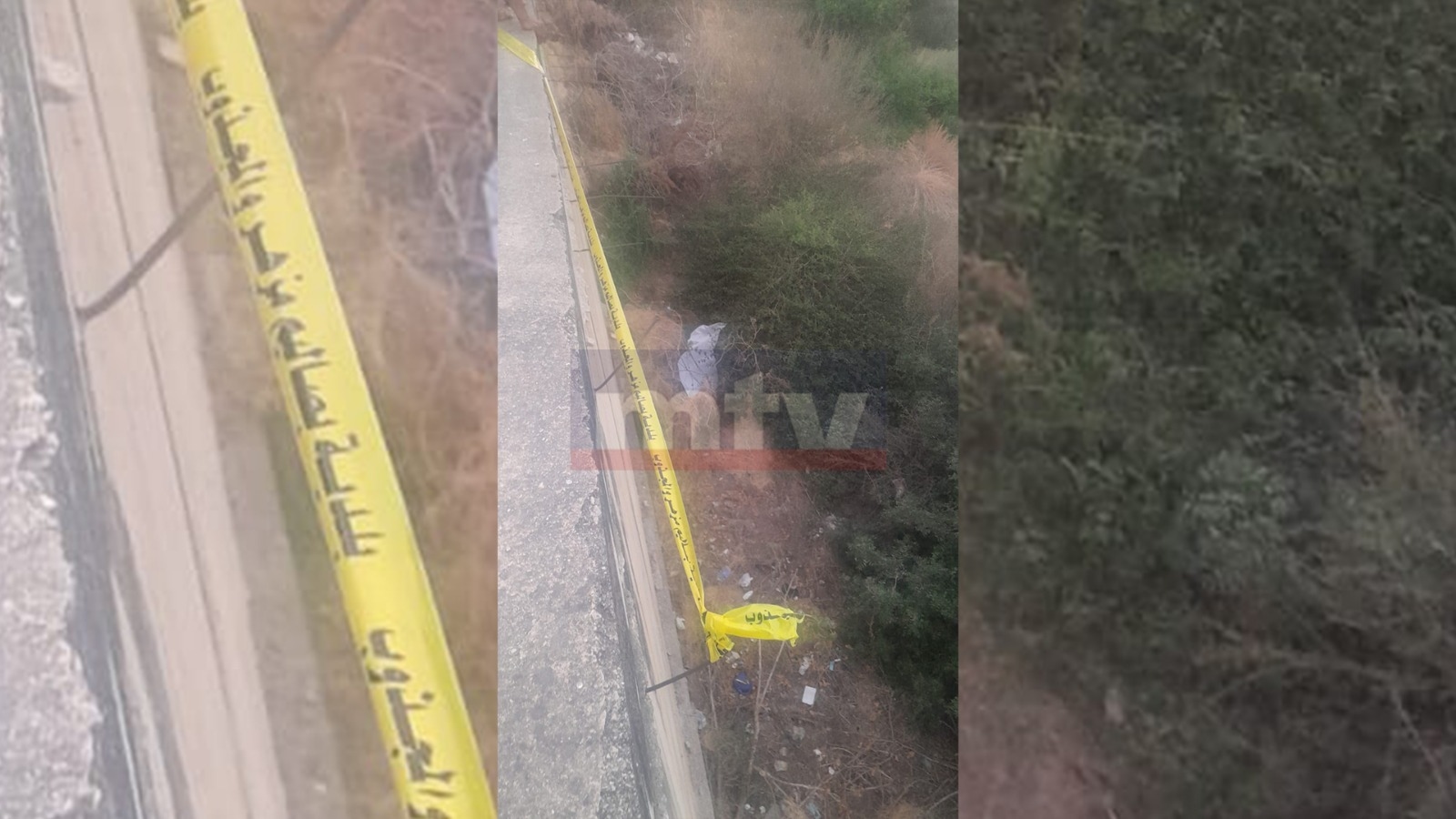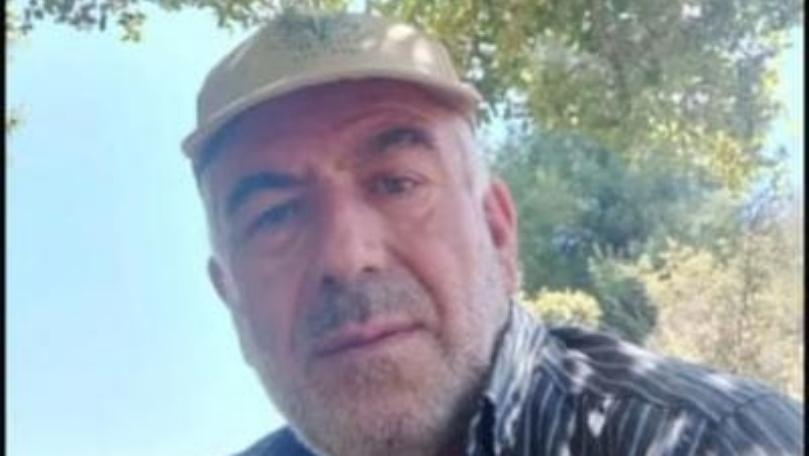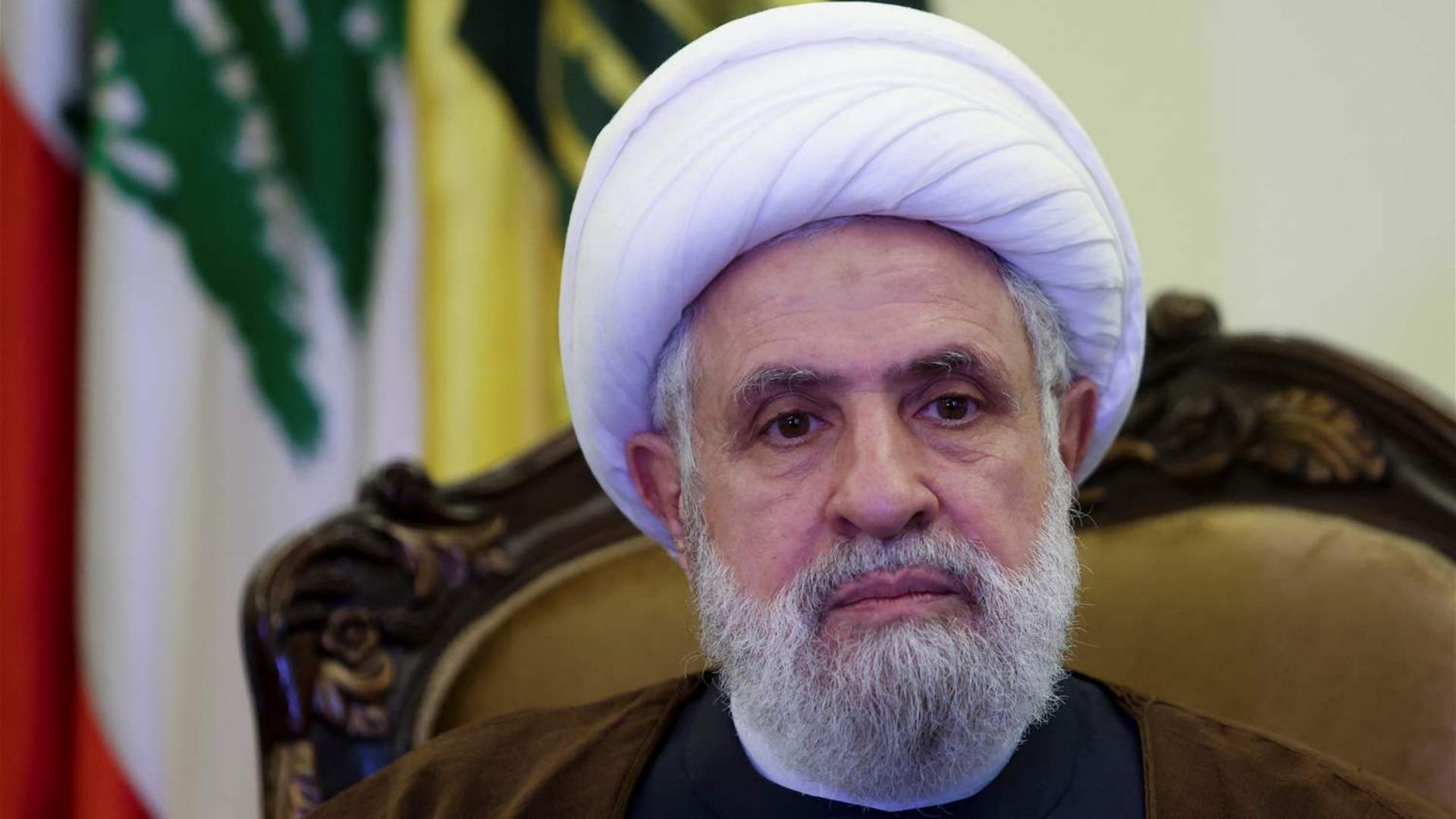Jennifer Rubin
Washington Post
President Obama and Iranian President Hassan Rouhani spoke by phone on Friday, an event greeted with unbounded — and inadvisable — enthusiasm by the chattering class. The entire context of the call was troubling to the trained eye. A former U.S. official told me, “They are not equals: Obama was freely elected and is head of state and government; Rouhani is none of those.”
The substance of the call and the president’s remarks afterward were deeply worrisome. Whenever the president parrots the idea that the problem is “mistrust” between the parties — one an open democracy and the other a theocratic dictatorship – you know it’s trouble. The president in doing so merely reinforces the Iranian propaganda that we bear equal responsibility for this “mistrust.”
Even worse was his mouthing the Iranian deception that it can’t possibly pursue nuclear weapons because “Iran’s supreme leader has issued a fatwa against the development of nuclear weapons.” It is frightful to imagine Obama takes seriously Iran’s deceitful line, which has long since been debunked. The fatwa doesn’t exist and, even if it did, it would never be a serious restraint on Iran’s nuclear ambitions.
The problem is not that Iran “mistrusts” us or that there is some religious prohibition on nuclear weapons; it is that the mullahs’ regime sponsors terror, helps kill Americans, threatens its neighbors, represses its people, holds Americans against their will and violates sanctions prohibiting development of nuclear weapons. As the former official remarked, “Why is it an honor and delight to talk to this leader of the top state sponsor of terrorism, who represents a government that is famous for repression — and who was unwilling to shake his hand a few days ago?”
Majority Leader Eric Cantor (R-Va.) put out a statement on Friday that struck the right notes:
I am concerned that President Obama did not press Iranian President Rouhani to halt Iran’s ongoing support for radical Islamic terrorism, its repeated violations of U.N. and IAEA resolutions, and its support of Bashar Assad’s war against the Syrian people. These topics were not publicly addressed by the President today, but require his urgent attention. Iran’s government remains — in spite of President Rouhani’s rhetoric — a brutal, repressive theocracy. “It is particularly unfortunate that President Obama would recognize the Iranian people’s right to nuclear energy but not stand up for their right to freedom,
human rights, or democracy.
The President suggests there is ‘new leadership’ in Iran, yet Supreme Leader Ayatollah Khamenei remains the true ruler in Tehran, and we are only fooling ourselves when we suggest otherwise.”
Worse still was the administration flacking on behalf of the Iranian dictatorship. Former White House aide and Obama super PAC head honcho Bill Burton tweeted indignantly that it was wrong to call Rouhani a Holocaust-denier. A White House spokesman said it was a positive sign that the Iranians were using social media. (For propaganda, we should note; their citizens are not afforded that right.) The Obama team’s willingness to grab hold of the bait and hold on tightly was quite remarkable.
What we see on the part of the U.S. government is undisguised desperation for a deal. The United States will leave the repressive regime alone (Obama said they can stop worrying about regime change) and even allow it the right to pursue a peaceful nuclear program (Why? How is that advisable given its serial violations of international law?). Obama, as on Syria, needs an agreement from Iran to calm calls for action; the contents matter far less than the existence of a deal.
The Iranians demand the right to enrich uranium and a lifting of sanctions. One suspects the Obama administration will cave on those points. Before the telephone call, Congress was poised to move forward with additional sanctions to put the mullahs’ feet to the fire. We wonder if the call was staged to hold that off and whether the administration, as it has done in the past, will try to slow Congress down. We have a dialogue now! Can’t spoil the good mood, you see.
Sens. Robert Menendez (D-N.J.) and Lindsey Graham (R-S.C.) reflect the bipartisan concern that the president is getting snowed by a more sophisticated messenger, warning: “We believe that four strategic elements are necessary to achieve a resolution of this issue: an explicit and continuing message that the United States will not allow Iran to acquire a nuclear weapons capability, a sincere demonstration of openness to negotiations by Iran, the maintenance and toughening of sanctions and a convincing threat of the use of force.” They promise further sanctions “requiring countries to again reduce their purchases of Iranian petroleum and imposing further prohibitions on strategic sectors of the Iranian economy.” That’s a wise move.
Congress should be resolute. Unless and until there is an airtight deal, Congress should refuse to lift sanctions and should tighten the conditions under which Obama is permitted to waive sanctions. In refusing to vote for authorization on the use of force against Syria, Iran’s junior partner, and its use of weapons of mass destruction, lawmakers on the right and left contributed to an impression of unseriousness and, no doubt, emboldened Iran. They have an obligation to reverse that impression and cooperate with Menendez and Graham.
The danger is that the Americans will be lured into endless negotiations or, worse, actually sign a deal that gives the mullahs diplomatic cover, enabling Iran to reach its nuclear weapons capability. At that point “containment” is the only option. Israeli Prime Minister Benjamin Netanyahu is scheduled to talk at the United Nations on Monday; we’ll get our first look at how he will address that challenge. Unlike Obama, he won’t endanger the Jewish state by deluding himself and his people into thinking an incomplete or unverifiable agreement resolves the Iranian problem. How he will prevent a nuclear-armed Iran operating in the protective cocoon of Obama’s diplomacy is as yet uncertain.








